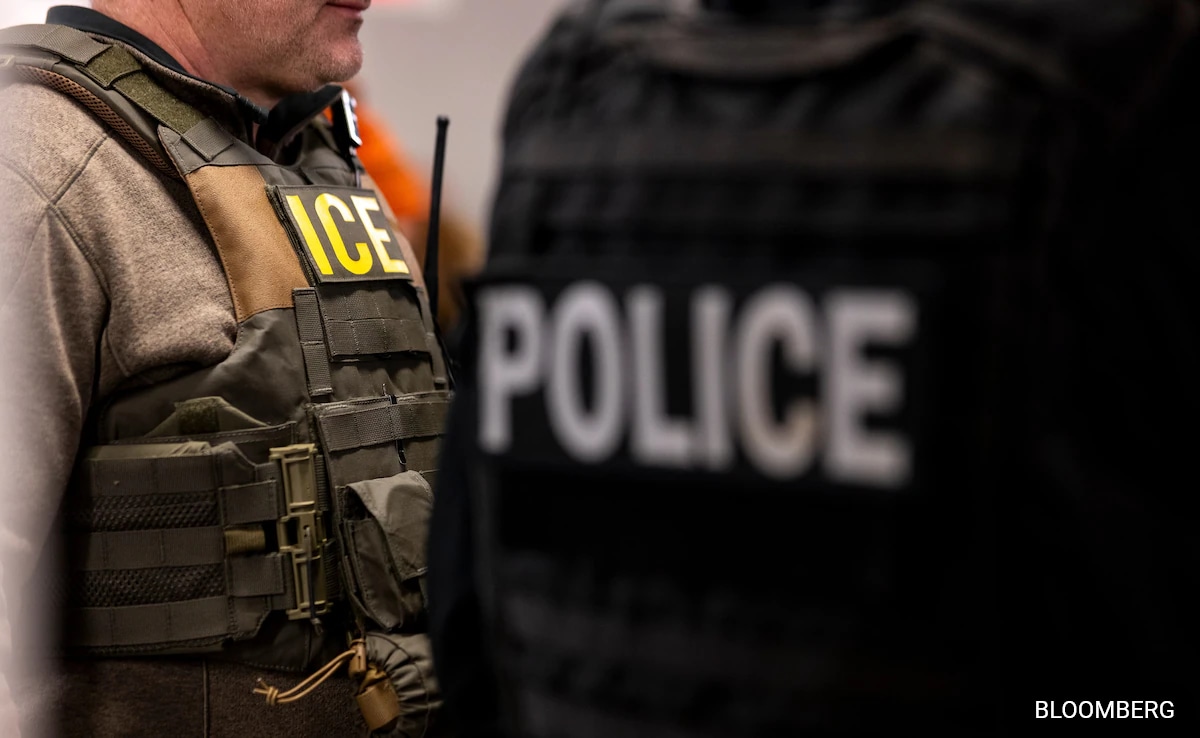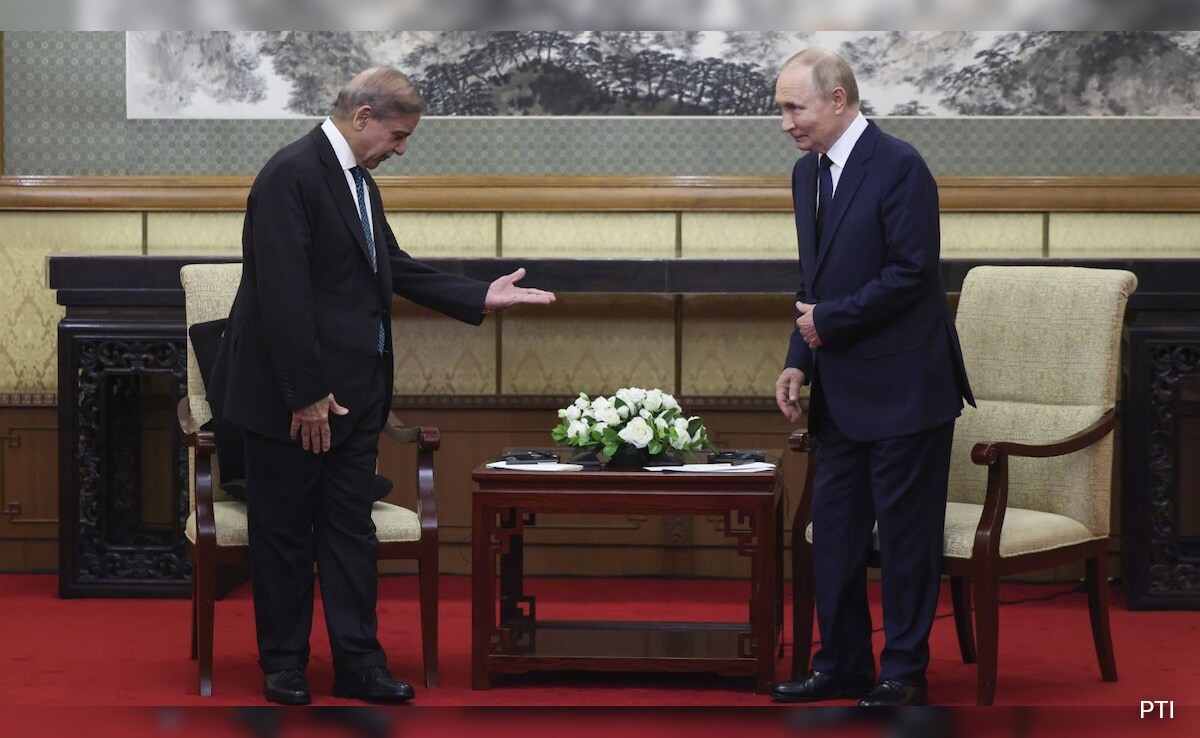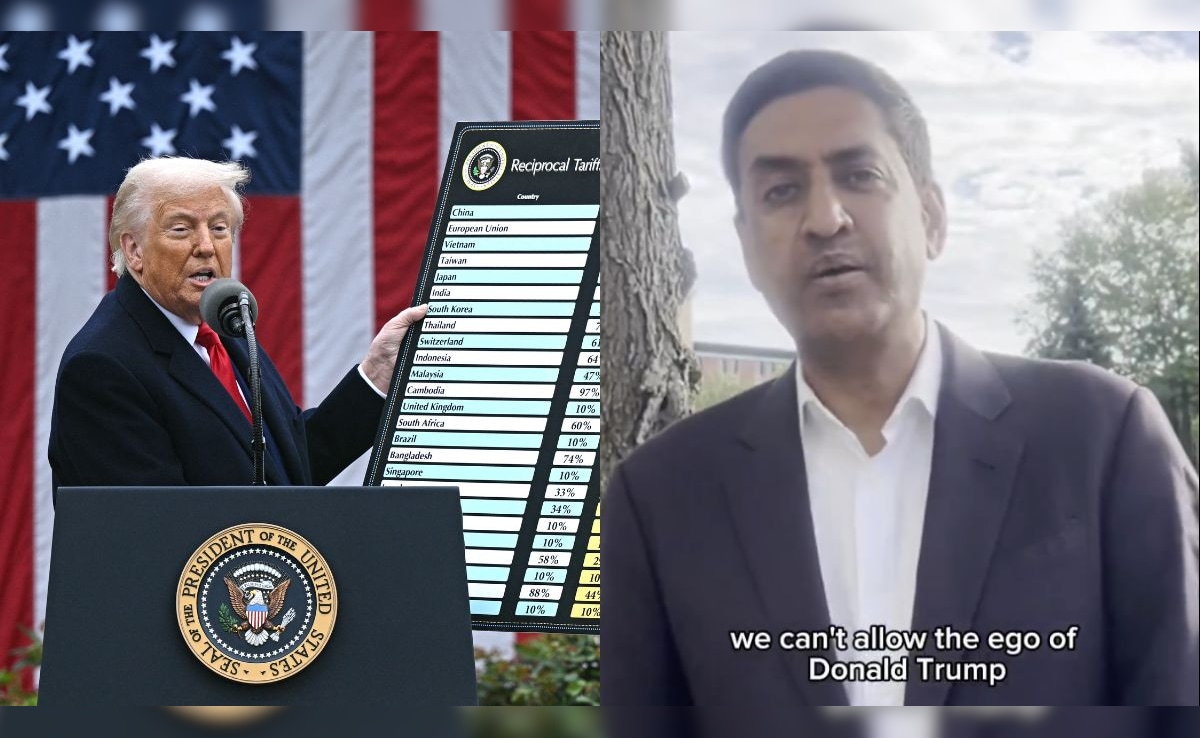âThere is no world, I think, where [the effectiveness] is the same level ⦠we had with delta,â Bancel said, referring to the highly contagious variant that was first detected in India in late 2020.
Even though Bancel cautioned against panic when it comes to a variant the public still does not know much about, he told the Financial Times that his initial talks with scientists indicate what could be âa material dropâ in vaccine effectiveness against omicron.
âI just donât know how much, because we need to wait for the data,â he said. âBut all the scientists Iâve talked to ⦠are, like, âThis is not going to be good.ââ
Bancelâs comments set off fears in financial markets, including slumps in vaccine-related stocks from Moderna and BioNTech, the German partner of Pfizer. U.S. stock futures slumped and Asian markets retreated, while markets in Europe also fell. U.S. oil prices dropped below $70 a barrel, while gold rose and risk-sensitive currencies such as the Australian dollar weakened against the greenback. The 10-year Treasury yield also declined.
The Moderna CEOâs prediction comes as many questions remain unanswered about omicron â specifically whether itâs as bad as it looks at first glance. Scientists from around the world are scrambling to answer pressing questions surrounding whether it can cause severe illness, if itâs more transmissible than the delta variant and whether it can erode or evade immunity.
The World Health Organization has said the âoverall global riskâ from omicron is âvery high,â and it is pushing for governments worldwide to report cases of omicron and accelerate their vaccination drives. The U.S. Centers for Disease Control and Prevention significantly expanded its recommendations for booster shots, saying that all adults 18 and older should get them.
President Biden on Monday expressed confidence that the United States can handle omicron, saying, âThis variant is a cause for concern, not a cause for panic.â
âWeâll fight this variant with scientific and knowledgeable actions and speed, not chaos and confusion,â he said at the White House.
But omicron is threatening both the rebound and growth of the U.S. economy. The chair of the Federal Reserve, Jerome H. Powell, warned in remarks prepared for congressional testimony Tuesday that âthe recent rise in covid-19 cases and the emergence of the omicron variant pose downside risks to employment and economic activity and increased uncertainty for inflation.â He added that âgreater concerns about the virusâ could exacerbate existing problems, such as labor shortages and supply-chain struggles.
Bancel said to the Financial Times that the omicron variantâs unruly swarm of mutations has worried scientists, many of whom did not expect such a highly mutative variant to emerge for another year or two. He noted that 32 of the 50 mutations in omicron have focused on the spike protein â the area where existing coronavirus vaccines help boost a personâs immune system to fight the virus.
Scientists told The Washington Post that omicronâs mutations were new and utterly enigmatic.
âWe have seen these mutations in other strains, in twos and threes, and each time they were a little harder to neutralize but didnât spread particularly well,â Benjamin Neuman, a virologist at Texas A&M University, said in an email to The Post on Tuesday. âNow, all together? Itâs a complete black box.â
While itâs unclear whether existing vaccines will need to be modified next year to address omicron, Pfizer and BioNTech have said they are working to understand what level of protection their vaccines offer and how to adapt them. Chinese vaccine maker Sinovac says it is working with international partners to collect and analyze samples of omicron in an effort to determine how effective its inactivated vaccine, CoronaVac, is against the variant.
Bancel told the Financial Times that more data will be available within two weeks regarding how existing vaccines perform against omicron â and whether the variant causes severe illness. He stressed that it would take months before an omicron-specific vaccine is produced at scale for billions of doses.
â[Moderna] and Pfizer cannot get a billion doses next week. The [math] doesnât work,â he told the outlet. âBut could we get the billion doses out by the summer? Sure.â
Bancel emphasized, however, that it would be risky to shift the companyâs vaccine production strategy solely toward omicron when other variants are still infecting people.
Joel Achenbach and David Crawshaw contributed to this report.
.png)











 English (United States) ·
English (United States) ·  Turkish (Turkey) ·
Turkish (Turkey) ·